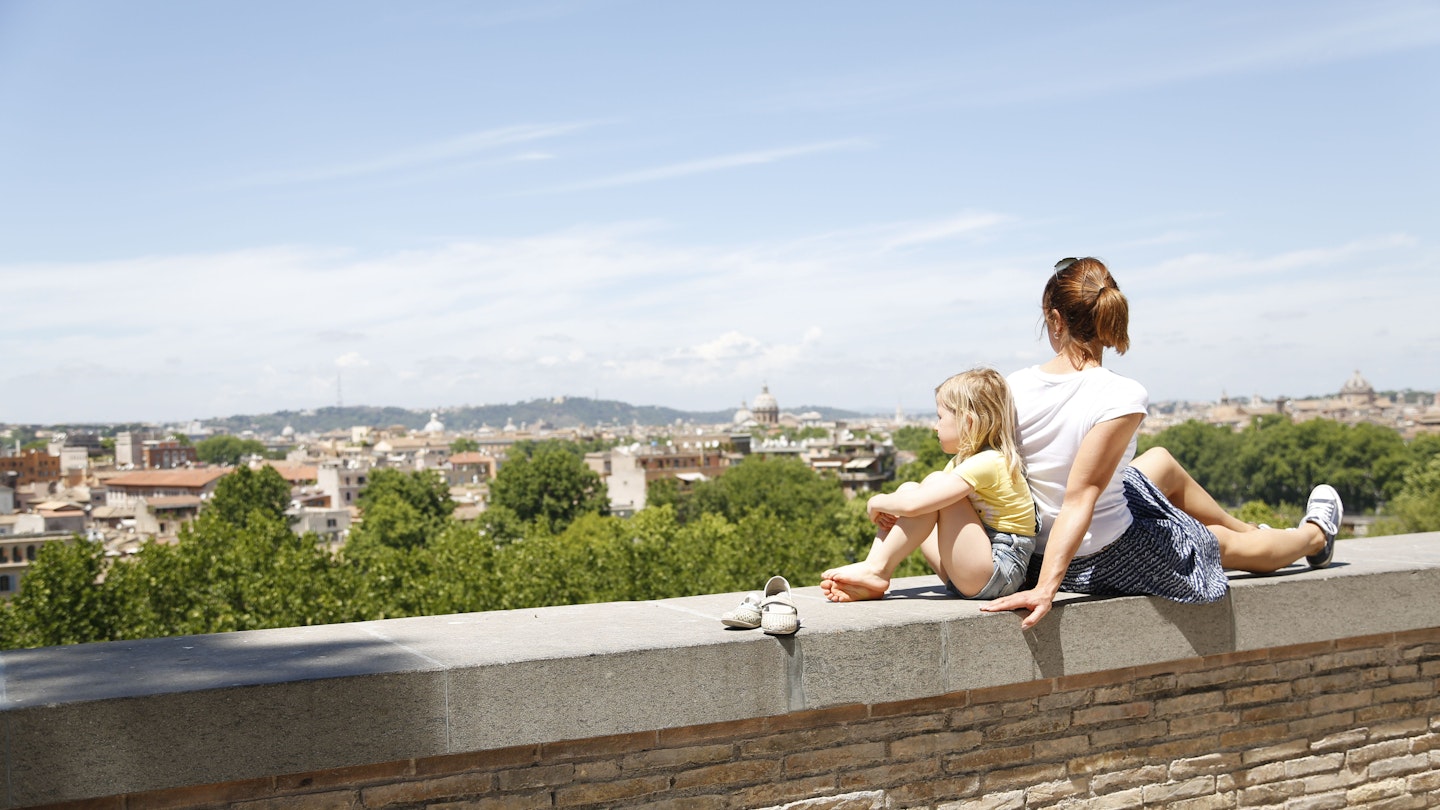It was when I turned 37, in the winter of 2013, that I started to panic. I was solvent, happy, with an apartment I loved in New York and a life full of interest and friends. I was also – categorically, and no matter how hard I tried to tell myself otherwise – no longer in my mid-thirties. I was in my late-thirties, which meant the next stop was 40 which, according to every article I had ever read on the subject, meant my ovaries were about to make themselves a Horlicks and retire.
This revelation failed to thrill me. I have always been vain about my ability to live my life the way that I want to, to the extent that there is almost no circumstance I can’t spin to my advantage. I was single, or sort of single, because it suited me to live that way; I wasn’t rich, like a banker, because an interesting job is more important than money; there was a mouse in my kitchen, but hey, rodents are our friends. This, however, was different. For the first time since my mother’s death 10 years earlier, I hit a roadblock I couldn’t skip around. I wanted a baby, but how on earth was I going to have one?
Historically, women in my position have had limited options. You can get lucky. You can get promiscuous. You can settle for someone you’re not really into, that is if you can find someone abject enough to agree. You can, as I have seen friends do, jump at the first sign of romance, moving from New York to St Louis or the West Coast or Bali to be with a man. (Side note: no man I know has, in the early stages of a relationship, ever moved to where his girlfriend was living.)
Or you can pull the emergency cord and – as I decided to do – have a baby alone. I can confirm from the other side that single parenthood is tough. It’s exhausting, financially ruinous, logistically nightmarish and occasionally terrifying. And yet, three years after giving birth to my twin girls, I look back on the last five years and still shudder most strenuously at that period of indecision.
Did I have the chops to sign up for fertility treatment alone? How would I begin to go about choosing a sperm donor? Is conceiving without a second parent damaging to the child? Where would we live? How would we manage? Did I have enough money/support/viable eggs to do this thing? And that was before I started treatment and, five months later, became pregnant with twins.
Here’s what I’ve learned since then. That – as mothers have been telling us since the beginning of time – the more you have on your plate, the more you get done. That although it is incredibly hard in some ways, being a single parent is, in other ways, easier than the alternative. (There is nothing more cheering to a single mother than watching a couple with a baby try to arrive at a decision. ‘Should we take his temperature?’ ‘What do you think?’ ‘No, what do you think?’)
I have read the studies that show the children of single mothers by choice are just as well-adjusted as children from two-parent households. And I have learned that one of the biggest inhibitors I faced to having a baby alone – wondering what other people might say or think – melts away the moment a baby, or in my case babies, are born. It takes a special kind of arsehole to reject a child on the basis of its origins, and the vast majority of people in my life have been hugely, overwhelmingly supportive.
They have also been very present. It’s a funny thing about single parenthood that, although it is in some ways the ultimate state of independence, it has also forced me to lean on others. For the first time in my life, I have befriended my neighbours. My friends are more important to me than they would have been had I not been parenting alone.
And my wider family has become the other women I know, among them two of my oldest and best friends, who have had children alone, too. This feels important; that my daughters grow up being exposed to lots of different versions of how a family might look, including many that look just like ours. If all this sounds complicated, it isn’t. I’ve also discovered that once you have kids, in lots of ways life becomes very simple. Everything that mattered to me before they were born still matters, but my children matter more.
And perhaps the biggest revelation of all: that all the doubt and anxiety about whether this was the right thing to do was confined to that period before I did it. The reality of becoming a single mother is that, for me, it hasn’t turned out to be a consolation prize but, in the end, my first and best choice.
